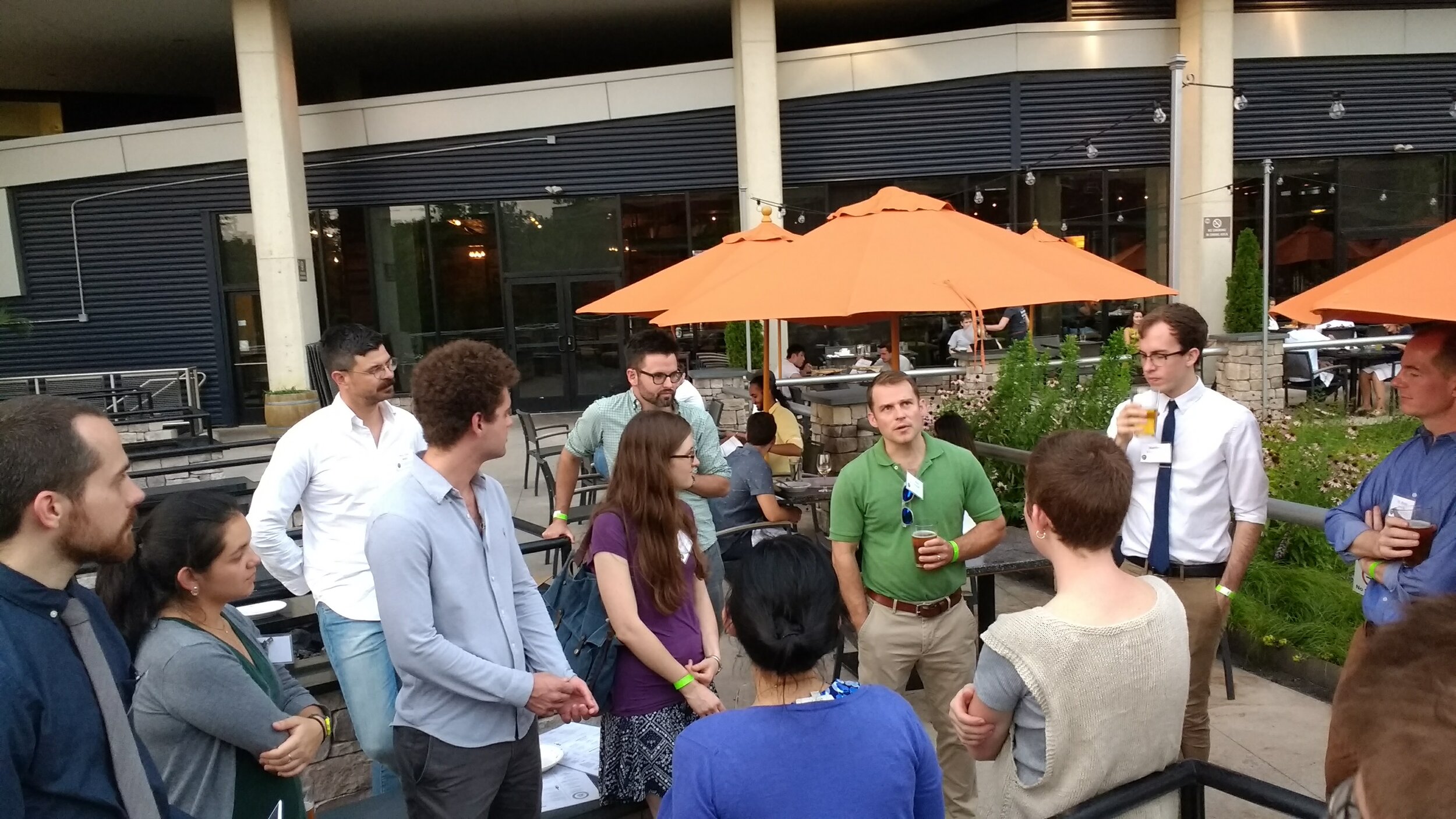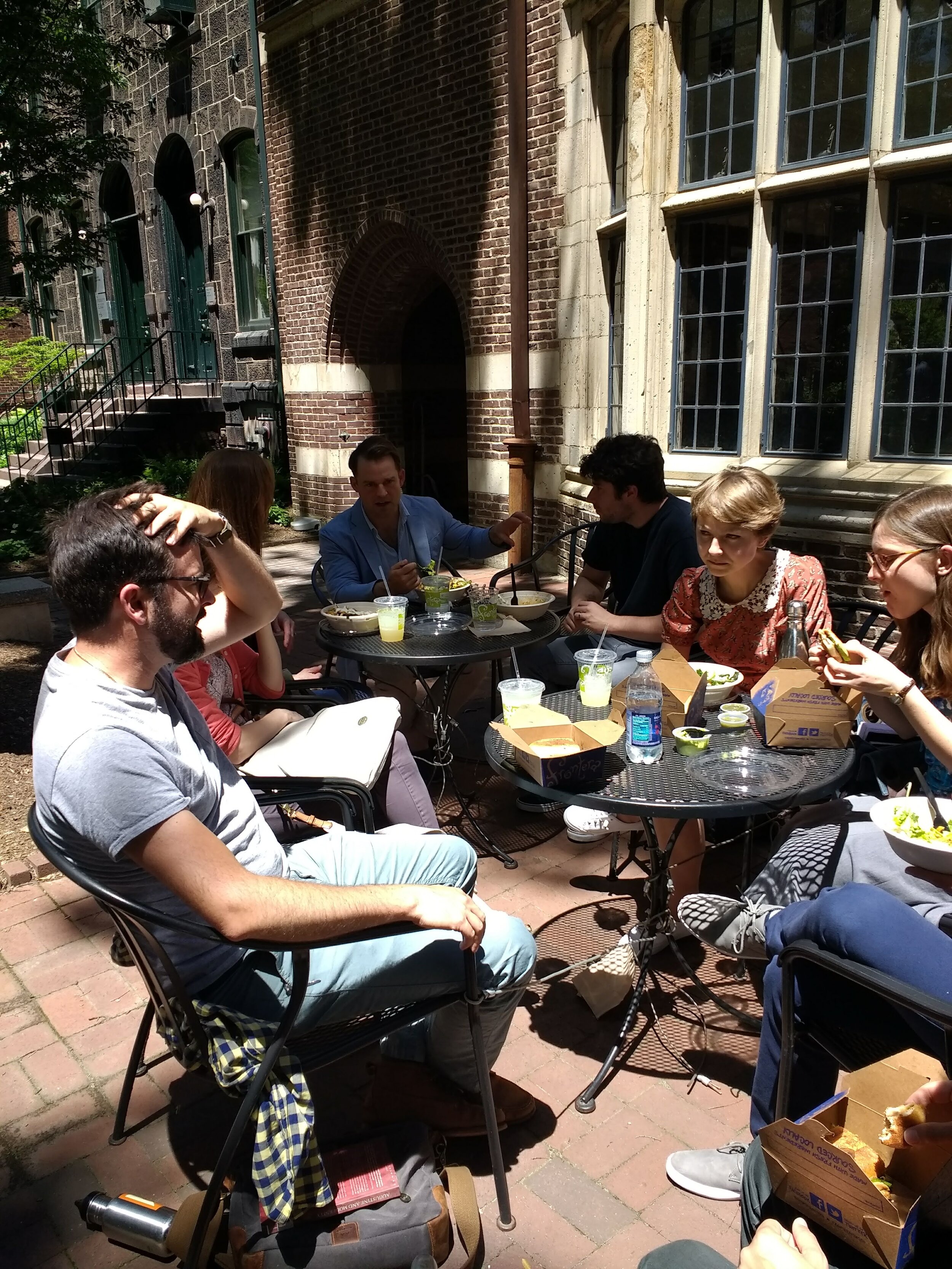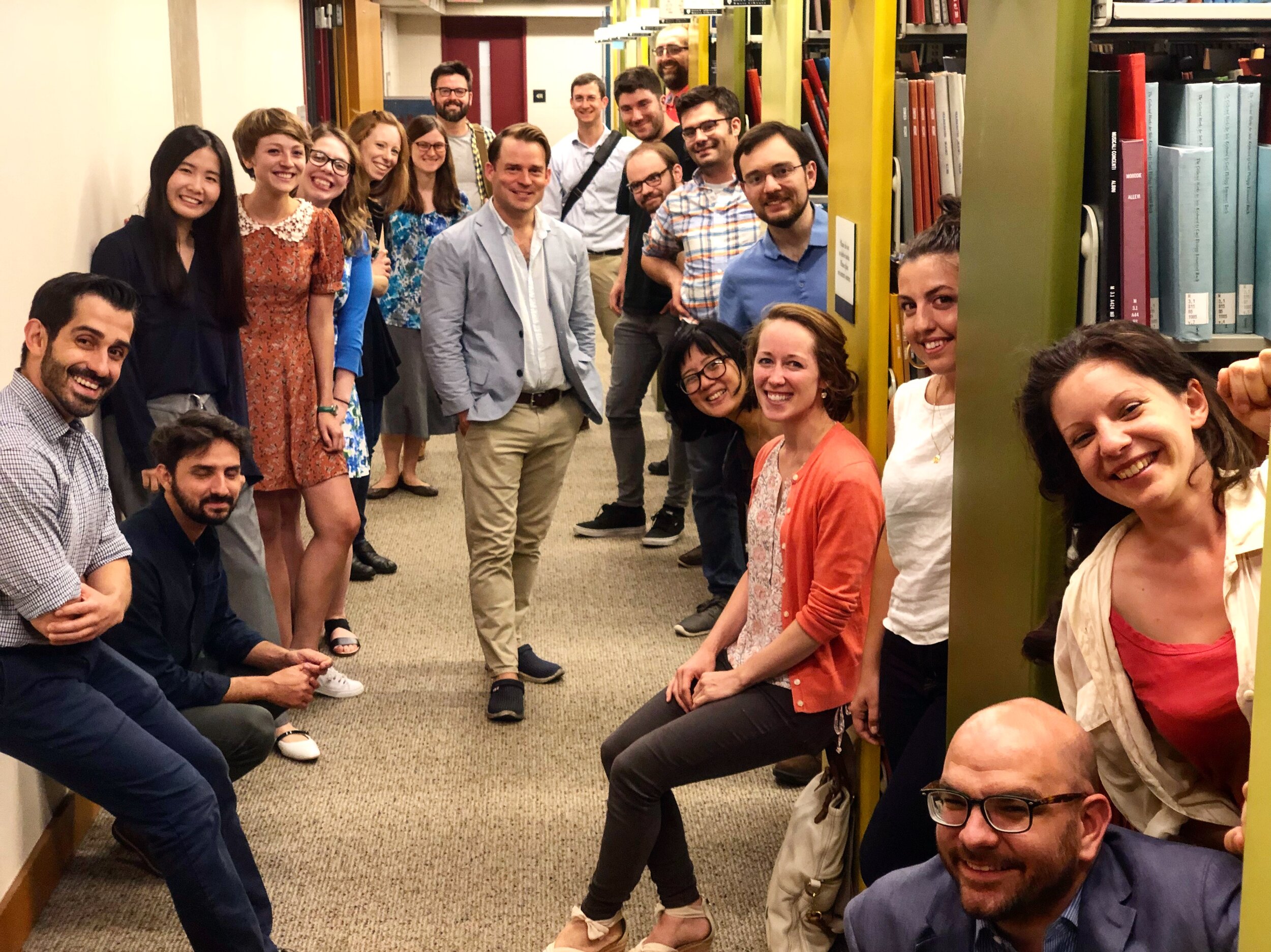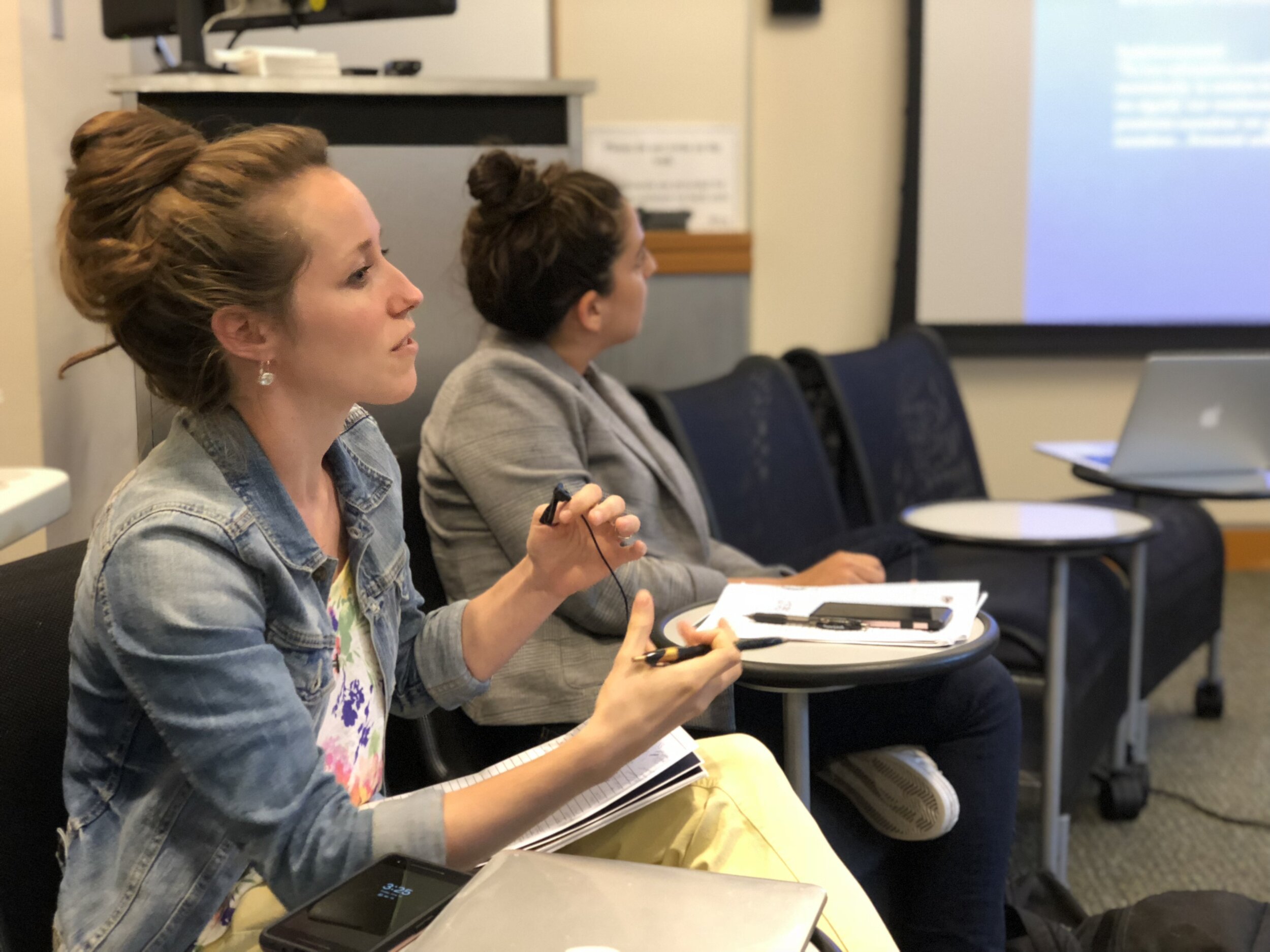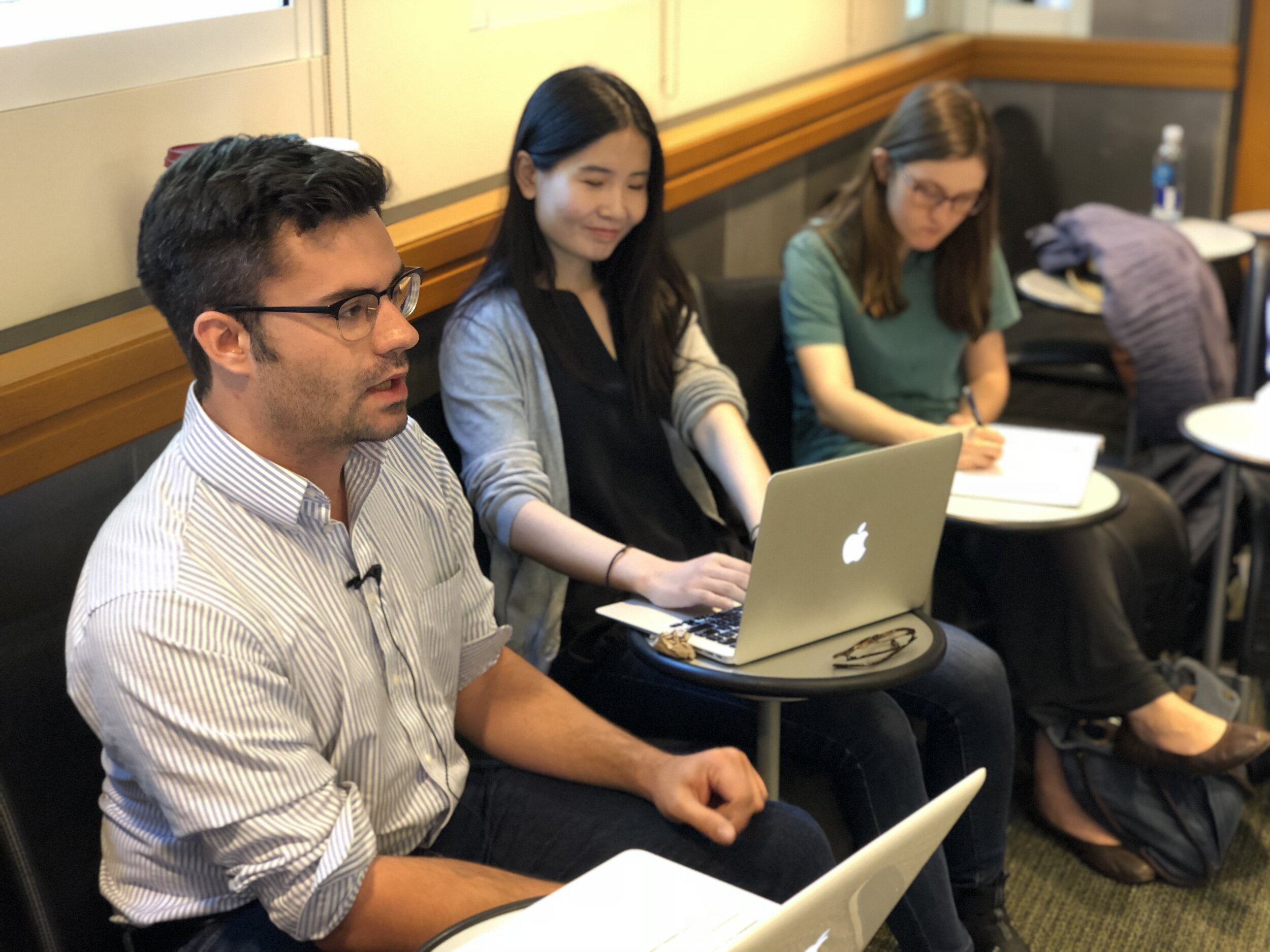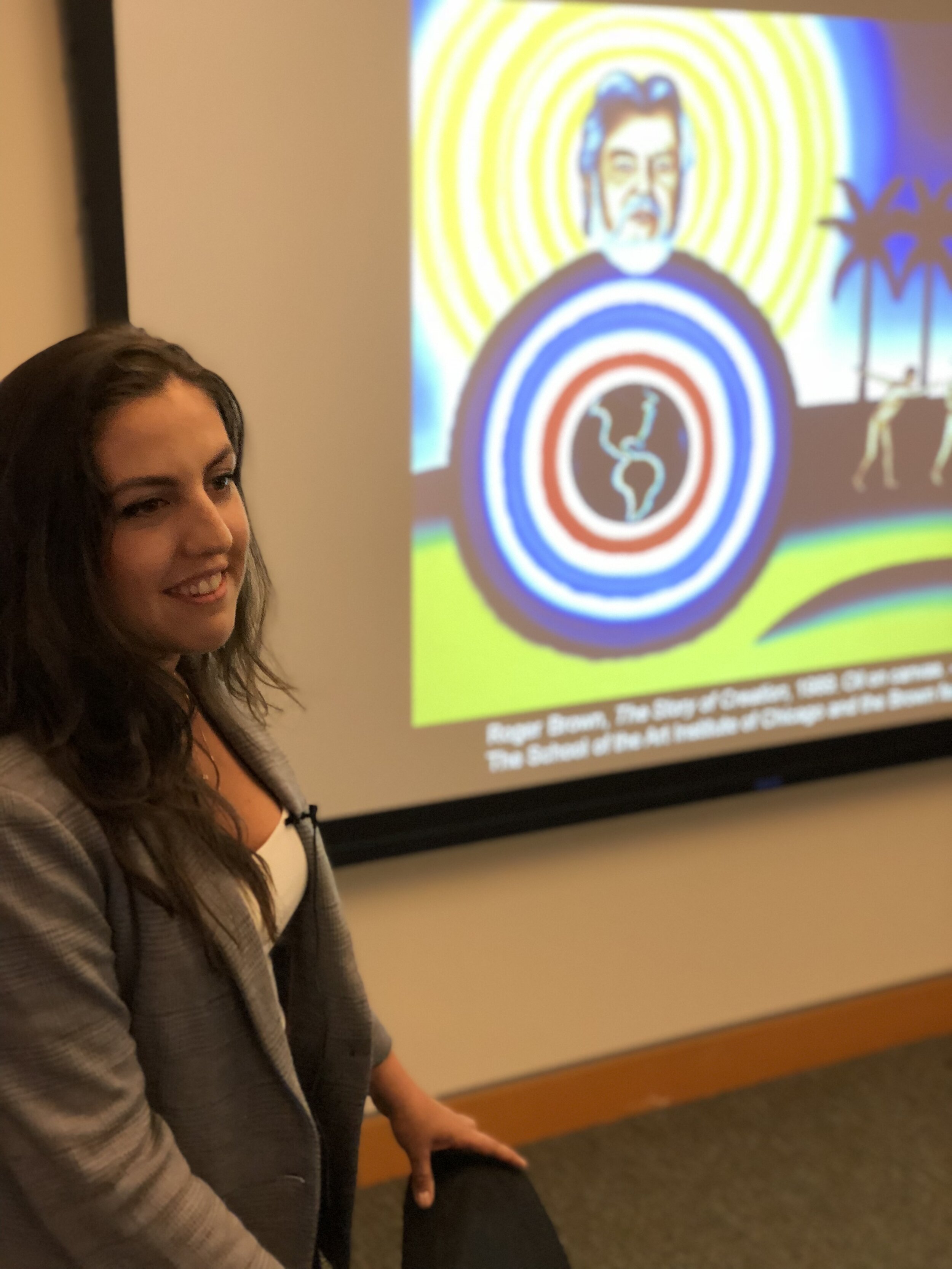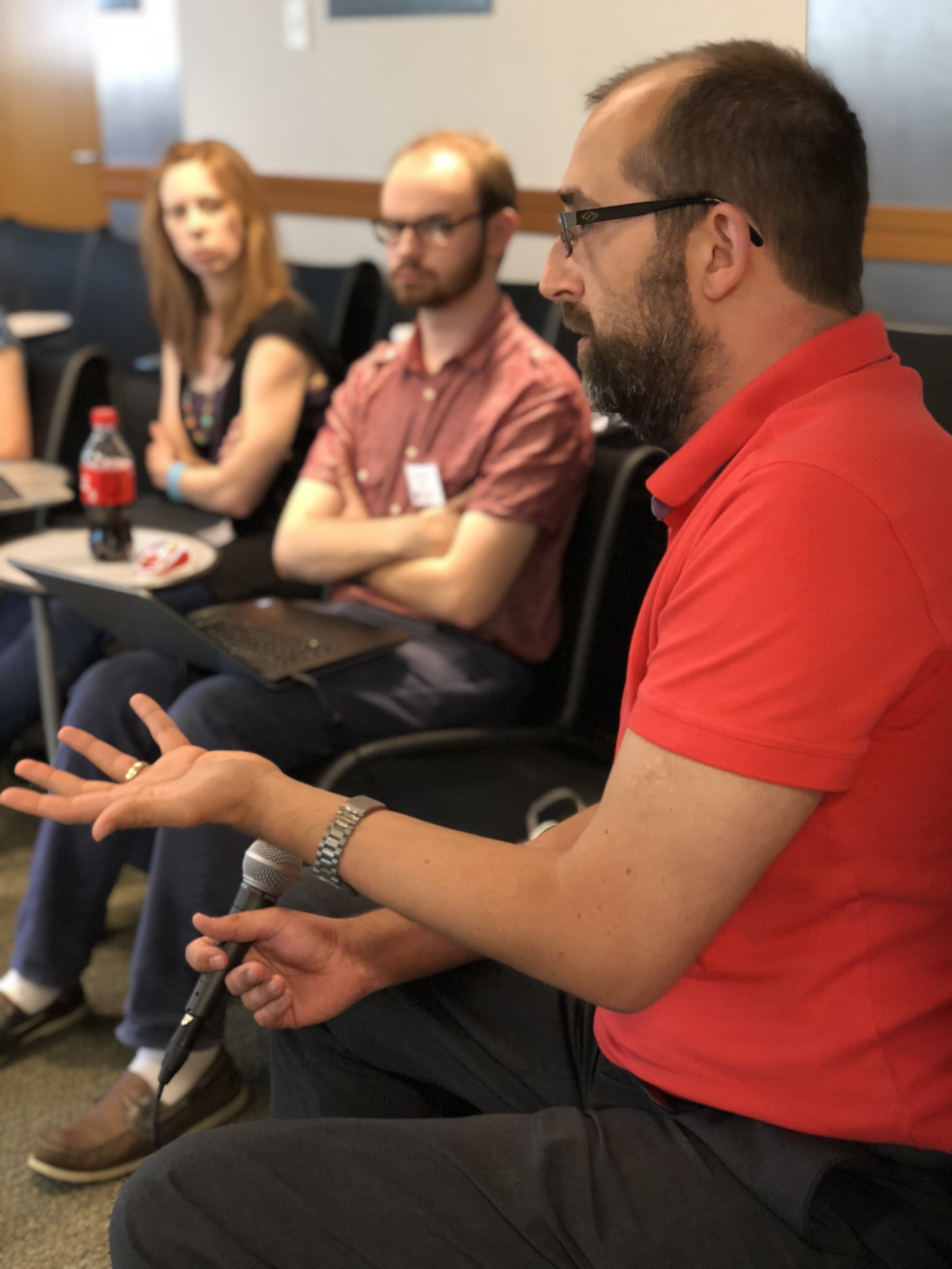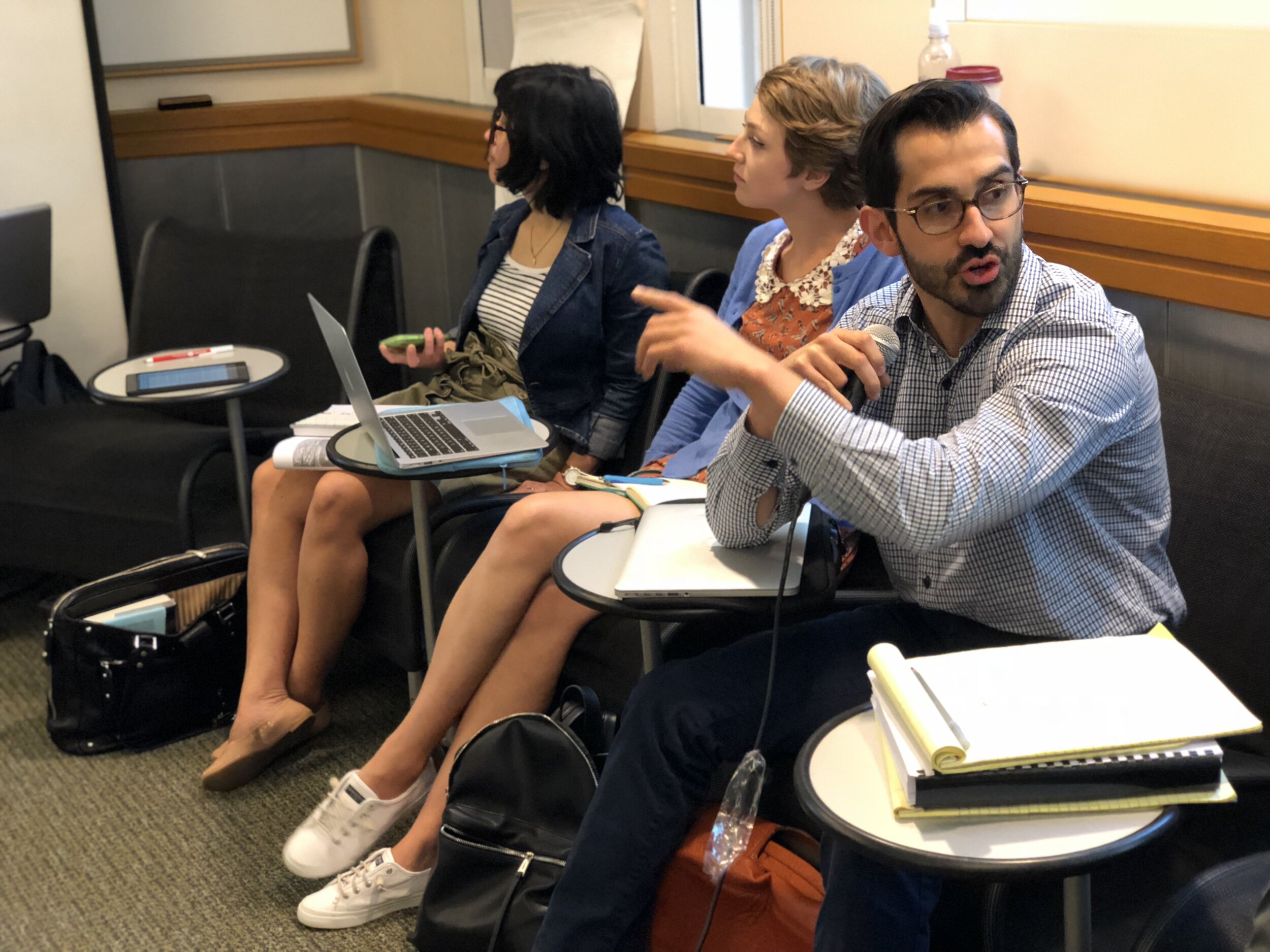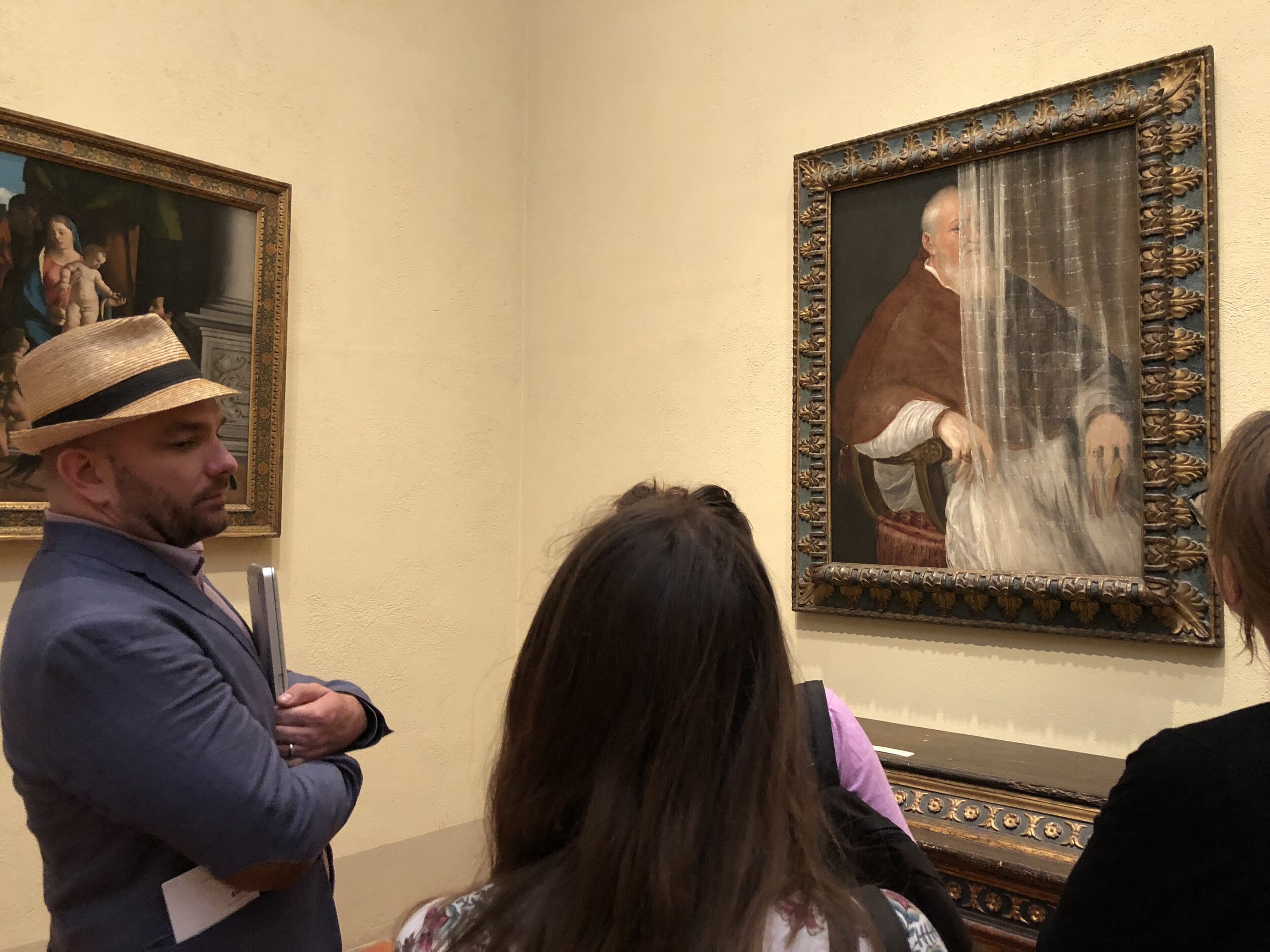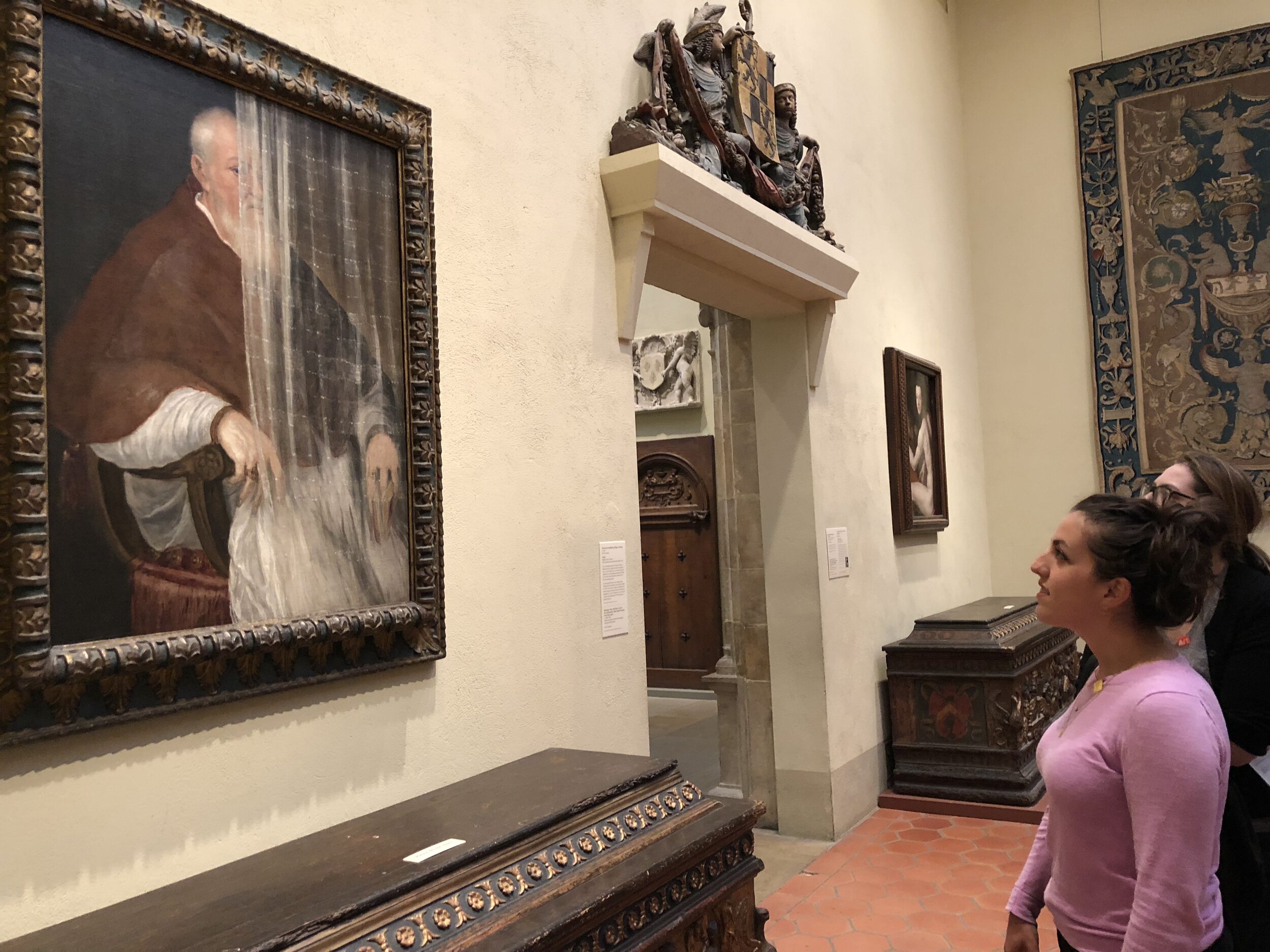
The main questions the project seeks to answer are: “What stories do we tell about how we become modern?” and “how does that matter for life today?” For its inaugural year, GenMod hosted a summer seminar at the University of Pennsylvania that interrogated the role of the Reformation (1350 – 1600) in influential genealogical accounts of the modern world, and also to explore movements within that same period that both might challenge these accounts and might expand our imagination for how to live well in our own age. For its second summer seminar, GenMod extended its investigation into accounts of the Enlightenment (1685 – 1815), connecting them back to the “age of reform” and ahead to the present era. And for its third summer seminar in 2019 it took a turn towards an exploration of the global.
“What stories do we tell about how we become modern?”
2017: Genealogies of Modernity, Medieval to Reformation
When and how did we become modern? Many twentieth- and twenty-first century thinkers have identified an "age of reform," roughly 1350-1600, as the birthplace of modernity. Many of these accounts are declension narratives that locate the origins of modernity’s ills in late-medieval and Reformation-era intellectual developments. This seminar will re-examine several influential declension narratives and explore alternative possibilities from within the relevant disciplines: philosophy, theology, art history, and the intersection of biblical and literary studies—with intellectual, social, and religious history as continual interlocutors.
Faculty Leaders:
Carlos Eire, History
William C. Hackett, Theology
Ryan McDermott, Literature
Christopher Nygren, Art History
Thomas Ward, Philosophy
2018: Possible Modernities Between Medieval and Enlightenment
In its next iteration, GenMod II, extended our investigation into accounts of the Enlightenment, connecting them back to the age of reform and ahead to the present era. This seminar investigated various accounts of when, where, and how “modernity” took shape as a way to reveal how the past has helped to shape the present and to understand better how these various approaches can provide resources to shape the future. The seminar was led by faculty specialists focusing on a specific genealogy in their own disciplines – history, philosophy, theology, literary studies, art history, and music.
Faculty Leaders:
Karen Detlefsen, Philosophy
Ulrich Lehner, History & Theology
Ryan McDermott, Literature
Christopher Nygren, Art History
Eileen Reeves, Literature & History of Science
Naomie Waltham-Smith, Music
2019: Global Genealogies of Early Modernity
For its third consecutive year, the GenMod Summer Seminar investigated Global Genealogies of Early Modernity, to develop a more thorough understanding of how different disciplines define “modernity,” particularly as the historically-oriented humanities fields reimagine passages to modernity in global perspective. Our method of inquiry took a comparative form, encouraging scholars studying outside the Anglo-European system to bring forward alternative and local formulations of genealogy and heritability. There was also a special focus placed on the role of public discourse in genealogy by incorporating indigenous models from around the globe.
Faculty Leaders:
Anna Bonta Moreland, Philosophy & Theology
Stan Chu Ilo, Theology
Ryan McDermott, Literature
Carla Nappi, History
Christopher Nygren, Art History
Rizwan Zamir, Islamic Studies


